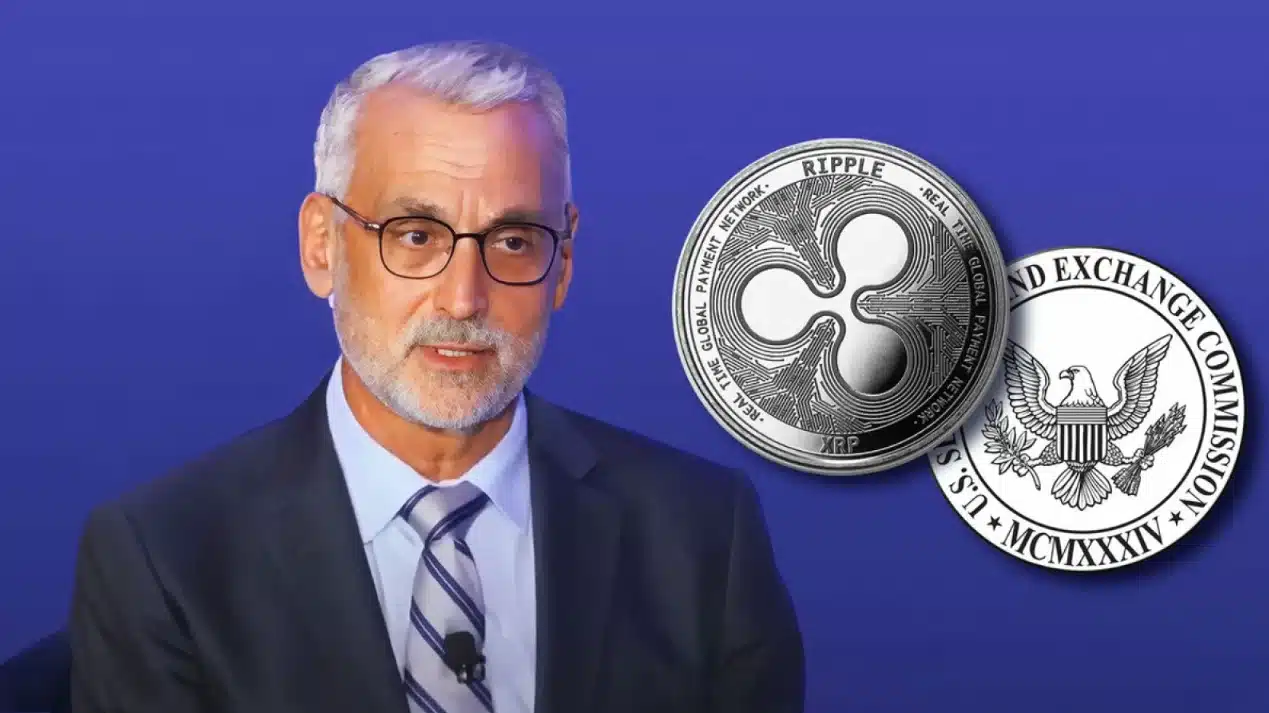- Ripple advocates for clearer regulations to protect innovation and consumers.
- XRP should not face perpetual SEC oversight, Ripple emphasizes.
- Ripple pushes for stable legal framework to avoid market uncertainty.
Ripple’s Chief Legal Officer, Stuart Alderoty, recently submitted an open letter to the U.S. Senate Banking Committee. The letter responds to the Committee’s Request for Information (RFI) concerning the regulation of digital assets.
Ripple strongly supports the development of a clear regulatory framework. The company stresses that adopting such a framework would shield consumers while fostering innovation in the digital asset market.
In the letter, Ripple voiced its concerns about the envisioned distribution of jurisdiction between the SEC and CFTC. The company underscored that this uncertainty could lead to regulatory conflicts and legal uncertainty for market participants.
Ripple called out the proposed definition of “ancillary assets” in particular. The company contended that this approach could grant the SEC perpetual authority over established tokens such as XRP despite their no longer association with investment contracts.
Thank you to @BankingGOP for the opportunity to respond to your Request For Information. With over a decade of experience working with regulators all over the world—and hard-earned lessons from our SEC fight—Ripple welcomes the chance to offer our unique perspective as Congress…
— Stuart Alderoty (@s_alderoty) August 5, 2025
Ripple further contended with how the Howey test might be applied. The company cautioned that misapplying the test could invite regulatory excess and stifle innovation.
Also Read: Crypto Crash: Bitcoin (BTC), Ethereum (ETH), XRP (XRP), and More Plunge-Here’s What’s Happening!
Ripple’s Concerns on Regulatory Ambiguity and Jurisdictional Issues
Ripple argued that the draft legislation’s vague authority allocation could harm the industry and that a clearer delineation of jurisdiction between the SEC and CFTC is essential for market stability.
The letter contended that XRP, which has been freely traded for years, should no longer be subjected to continuous securities oversight. The company warned that regulatory overreach risked upending established markets and stalling technological progress.
Furthermore, Ripple challenged the ongoing use of the Howey test on digital assets. Ripple contends that Congress needs to rein in the Howey test, whose application it considers improper, to restore consistency.
Without a clearer framework, Ripple argued, the industry could face ongoing uncertainty. The company underscored that regulatory certainty is crucial for digital asset firms to innovate free from the threat of capricious enforcement.
Ripple’s Proposed Solutions for Regulatory Clarity
Ripple recommended a “grandfathering” provision for tokens that have been widely traded for a significant time. The company proposed that tokens like XRP should be exempt from future securities regulations to provide legal certainty.
Ripple further demanded clear guidelines concerning fundamental blockchain practices such as mining, staking, and execution of consensus algorithms. The company stated that such core activities ought not to engage securities laws duties.
Additionally, Ripple suggested that disclosure obligations should be based on clear, objective statutory criteria. According to the company, such rules must be predictable, based on law, and not capable of changing definitions.
In the last paragraph of its response, Ripple suggested that a healthy regulatory environment should be transparent. The company believes that such a framework would foster innovation while ensuring that consumer protection remains a priority.
Also Read: Max Keiser Claims Satoshi Nakamoto Lives in El Salvador, Bitcoin’s ‘Country’
